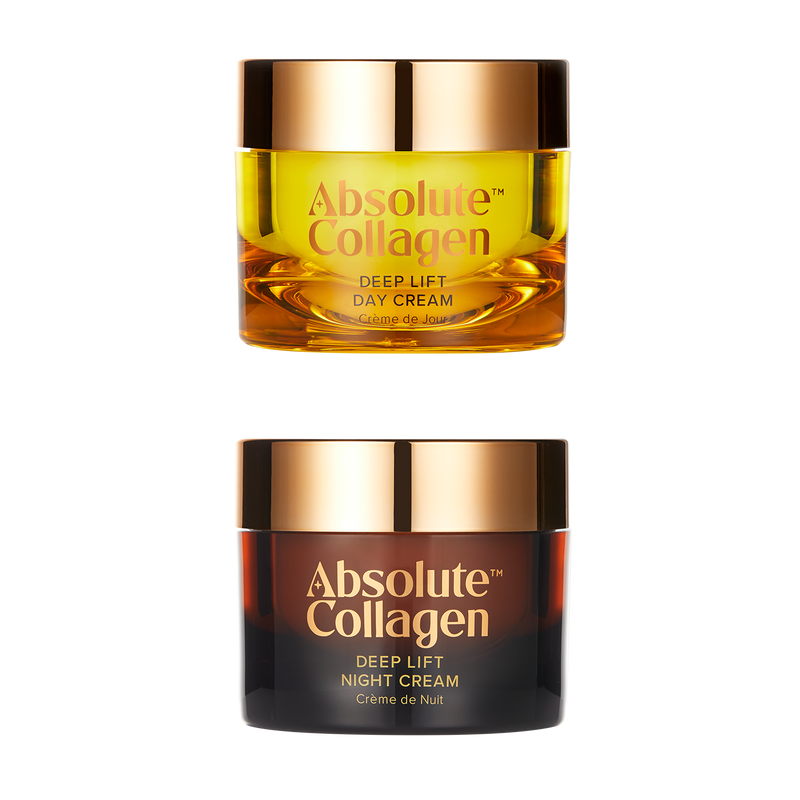
Your menopause questions, answered!
Live Q&A with Dr Barton
We held a live Q&A with our women’s health and menopause expert – Dr Barton. Hot flushes? Insomnia? Bad skin? Mood swings? Check out Dr Barton’s advice on some of the most commonly asked menopause questions below…
What is menopause?
“We diagnose clinical menopause as when you haven’t had a period for 12 months, and on average, this happens naturally around the ages of 50-52. There’s also surgical menopause which is when the ovaries have been removed, and medical menopause is when the body is medically pushed into a menopausal state.”
What is perimenopause?
“This describes the time leading up to and around the point of menopause and lasts on average 2-4 years, but for many women up to 8 or even 15 years. It’s something to watch out for from as young as our 30s, which coincides with when fertility starts to decline due to lower ovarian reserve.”
What are some of the typical symptoms?
“As hormone levels change during perimenopause, this can lead to anxiety, irritability, brain fog, broken sleep and skin dryness. Hot and cold flushes, a declined libido, joint symptoms, weight gain, or changes to cycle length and flow are also common – but each person is different, and so are their symptoms”.
What can I take to help with menopause symptoms?
“Firstly, try and keep on top of the 4 pillars of good health: nutrition, sleep, exercise and stress management. Whilst HRT is the most effective treatment, pharmacologically, there’s also a highly effective oral medication for hot flushes and sweats and various medicines for vaginal dryness and bladder symptoms. Anti-depressant medication like Prozac has been licenced to also help treat symptoms.”
What is HRT?
“Hormone replacement therapy (HRT) helps support normal function by increasing oestrogen, progesterone and testosterone which all naturally decline in perimenopause and remain low after menopause. For optimal benefit on bone and cardiometabolic health, it’s best to start it within 10 years of your final period. It can be continued for as long as the benefits outweigh the risks (determined on an individual basis).”
How do supplements help?
“Aside from a nutrient-rich diet, vitamin D and calcium can help strengthen bones, whilst protein and creatine can help re-build muscle and skin cells. Taking creatine daily has been proven to help with energy levels, mental health and more general cognitive symptoms. Herbal supplements can be beneficial for specific symptoms, and women on a plant-based diet should increase their vitamin B intake.”
Can I take my Absolute Collagen liquid supplement alongside my HRT medication?
“Yes, absolutely.”
Post-menopause bleeding. Is this normal?
“No. Whether you’re on HRT or not, if any bleeding occurs once you’ve gone through menopause, go straight to your GP for advice.”


















